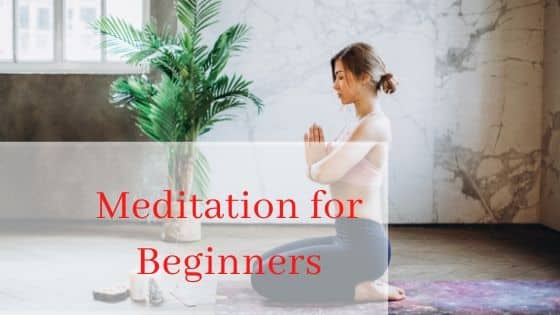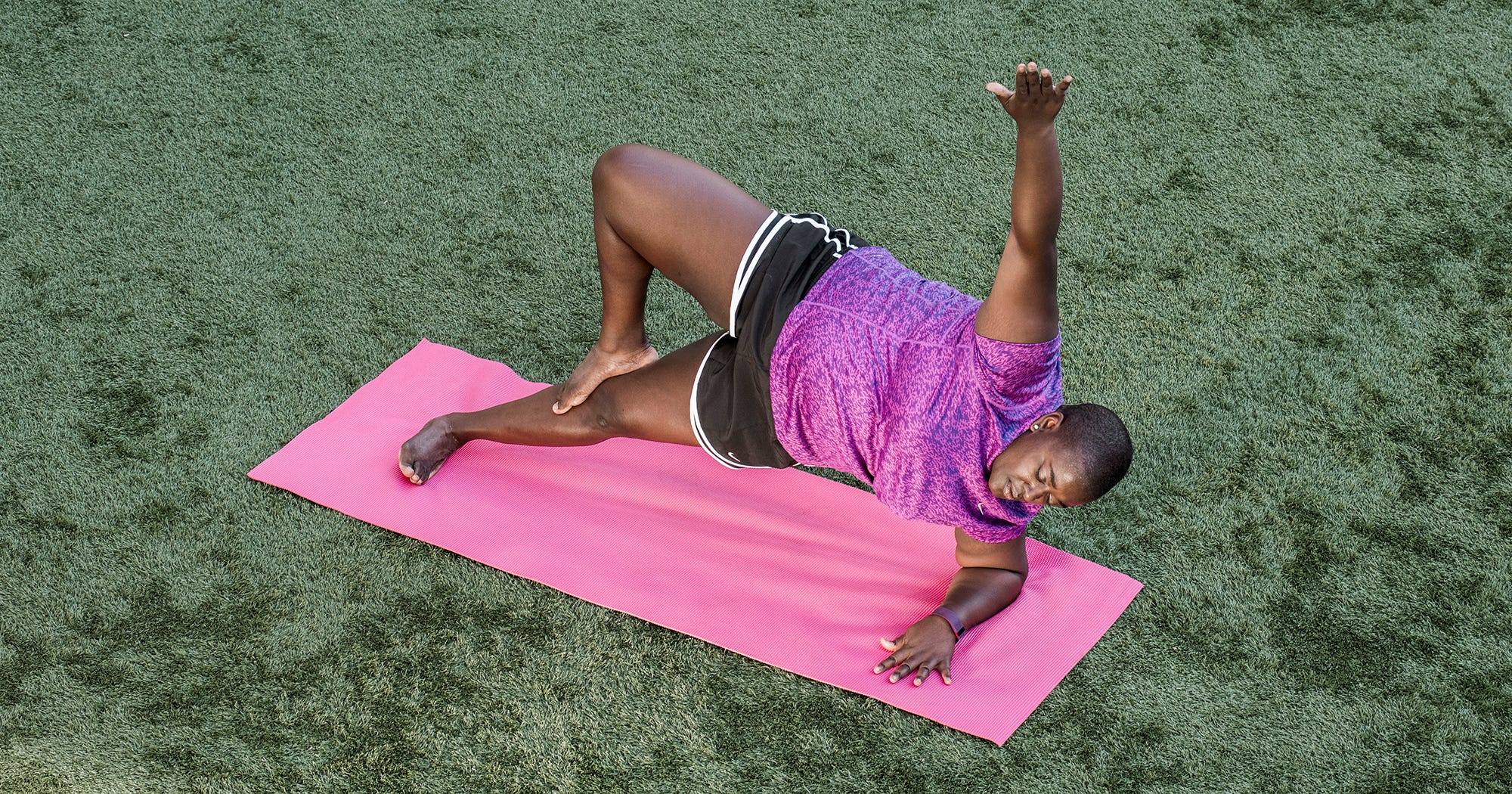
Hatha yoga offers many health benefits. These include: Reduced stress, increased melatonin production, and better sleep. These are just a few of the many benefits that hatha yoga has to offer. These are just some of the benefits. These are the best yoga postures that you can do. Continue reading to find out which are the best! Hatha yoga can make your life easier! You'll feel so much better if you try one or more of these amazing poses.
Chronic inflammation can be reduced
Previous research has shown that yoga may have similar benefits to exercise and aerobic physical activity in reducing inflammation. The propensity of yoga to reduce chronic inflammation is still unknown. Researchers have yet to identify biomarkers that could indicate whether yoga can reduce chronic inflammation. Previous research has shown that yoga's meditative impact on chronic inflammation is comparable to that of aerobic physical exercise. Researchers need to examine several biomarkers in order to understand how yoga can affect chronic inflammation.
According to a study done on older women, Hatha yoga can reduce certain inflammation markers. This study was conducted on 14 elderly women who were 65 or older and participated for 10 weeks in a specially designed Hatha Yoga program. Before and after hathayoga, participants were measured for their levels of fibrinogen (white blood cell count), fibrinogen (high-sensitivity C-reactive protein), and albumin. This research suggests that yoga can improve the risk factors associated with metabolic syndrome, a condition often associated with obesity.
Increases sleep
Researchers conducted systematic reviews and meta analyses of published studies to see if Hatha yoga improves sleep. A recent meta-analysis of sixteen randomized controlled trials showed that yoga can increase PSQI scores in women by an average of 1.2 points. Seven RCTs, however, showed that yoga didn't improve sleep in breast- and postmenopausal women. However, future studies should employ rigorous methodology and provide adequate samples.

Yoga's relaxing properties can help with insomnia. Yoga not only promotes sleep but also solves subconscious problems. This technique is used by many successful people to stay organized and get more done. It can reduce anxiety, improve productivity, and help with stress management. Learn more about Hatha Yoga's ability to improve your sleep. Visit our website. We have gathered some of the key benefits of yoga for insomnia.
Reduces stress
Studies have shown that Hatha yoga has calming physical effects and reduces stress. Neurotransmitters control the body's fight/flight response. Gamma-aminobutyric and serotonin are two examples of neurotransmitters. These two hormones regulate mood and sleep. While yoga is physically demanding it also helps to manage stress. Several poses, such as the Happy Baby pose, can provide real-time stress relief during stressful situations.
While performing the asanas you should keep your spine and neck straight. It is important to hold the ankles steady while performing asanas. Cat pose is very helpful for stress relief because it massages the lower back using the entire spine. The cat pose can teach you to pay attention to the movement and help you release stress and tension. You will be able to improve your flexibility as well as strength by performing this asana daily. You will notice that you feel better afterward.
Increases in melatonin
Yoga has many benefits. One is its ability improve sleep. Melatonin is naturally produced by the body, which regulates sleep cycles. More melatonin means more restful sleep. Even though melatonin levels decline with age, nighttime yoga can help you relax before falling asleep. Yoga can also help with stress reduction, since it releases melatonin throughout sleep.
One study looked at the effects of Omkar meditation on participants. They measured participants' cardiorespiratory performances, melatonin and overall wellbeing. After three months of practicing yoga, participants had an increase in their melatonin levels. The higher levels of melatonin may explain the better quality sleep and overall wellbeing that participants experience after they have been practicing yoga for three months.
Reduces depression

Hatha yoga is a complementary treatment to traditional depression treatments, according to research. A review of four small studies has revealed that regular yoga practice can help with depression symptoms. Researchers discovered that yoga is a powerful method for relaxation and increases neurotransmitters to calm the nervous systems. Yoga can also increase serotonin, which is a brain chemical that regulates emotions and mood.
Research shows that depression is less common in mild-to moderately depressed people. A variety of new studies have demonstrated that breathing-based yoga has significant positive effects on mood. These effects were compared to regular PE classes and researchers found that yoga sessions had a significant effect on anxiety and depression. Participants still felt the benefits four months later. This is encouraging news as the benefits of yoga can be sustained for many years.
Balance improves
Hatha yoga is a disciplined, consistent practice that helps you achieve balance through balancing postures. These postures require focus and awareness, and the body must maintain balance throughout the sequence. This discipline requires advanced practice to increase speed and build the ability to react quickly. Beginers should refrain from making critical remarks and criticizing others while they are performing these poses. Balance can also be improved by living a yogic lifestyle that includes humor and a sense of wonder. You should also forget about your ego when you leave the yoga studio.
Young adults were examined to determine the impact of hathayoga training on balance. Yoga training can improve balance in both fit and healthy participants, according to the results. Yoga practice under conditions that require strong vestibular support and constant somatosensory stimulations is beneficial for maintaining balance. Moreover, many yoga exercises induced vestibular conflicts and improved balance. In this study, participants from both groups experienced better balance in conditions two and three of a balance rehabilitation unit and in flamingo and dynamic tests.
FAQ
What do psychologists have to say about mental illness?
Psychologists believe that mental health is an essential part of human development. Psychologists also believe mental health is about more than having no mental illnesses. It's also about being mentally fit.
Psychologists have different views regarding mental health. Some psychologists feel that mental health doesn't matter because there are so few people with mental illnesses. Other psychologists think that mental health is essential because without it, we can't function properly.
Why is it so important that we improve our emotional health
Happiness and well-being are dependent on emotional health. Without emotional health, you will not be able work at your best. People with depression are often unable to work efficiently. You may also feel anxiety, panic attacks, insomnia and other symptoms. These conditions can often be successfully treated with medication and therapy.
How can you tell if you are suffering from a mental illness or not?
When symptoms interfere with daily life, a person can be diagnosed with a psychological illness. The symptoms of mental illnesses can vary from one person to another. However, the most common symptoms include: feeling sad, anxious, angry, guilty, hopeless, lonely, depressed, confused, worthless, guilty, suicidal, etc.
A person could also be diagnosed if they meet any of the following criteria:
-
Are you having trouble with your thoughts or emotions?
-
Be disturbed
-
Disturbance in functioning
-
Ability to communicate with others impaired
Which 5 ways can we improve our wellbeing?
The state of being well is defined as the "state of physical, mental and spiritual well-being." Several factors affect our well-being, such as family, work, health, relationships, community, environment, education, finances, etc. Your first step to bettering your well-being, is to identify the areas in your life that require improvement. Then, you can work to make these changes.
Here are five methods to improve your health and well-being.
-
Exercise - Exercising makes you happier.
-
Sleep - Sleeping more than 6 hours per night decreases stress and anxiety.
-
Nutrition - Healthy eating (such as fruits, vegetables and meats) can improve your mood.
-
Meditation - Regular meditation reduces stress and anxiety.
-
Socialization - Spending quality time with friends and family makes us happy.
Statistics
- Appropriate nutrition and exercise are likely among the most efficacious and cost-effective positive mental health interventions. (ncbi.nlm.nih.gov)
- Similarly, while there is some agreement about the boundaries of typical mental disorders 2, there is likely less agreement about those for positive mental health. (ncbi.nlm.nih.gov)
- More than 50% will be diagnosed with a mental illness or disorder at some point in their lifetime.3 (cdc.gov)
- It means no drinking any alcoholic beverages and no taking any drugs that aren't 100% natural.
- More than 40 million adults in the United States have an anxiety disorder, but less than 37% of people seek mental health treatment for their symptoms. (talkspace.com)
External Links
How To
How to tell if you need help from a mental-health expert
To help you decide if professional help is necessary, here are some warning signs. Any warning signs should be spotted and consulted a doctor.
-
It feels like you are losing control of your life.
-
You have been experiencing trouble sleeping.
-
Your thoughts seem to race when you try to concentrate.
-
You are thinking about suicide.
-
It is difficult to believe in your own ability to make it through.
-
It's as if life is too hard.
-
You are losing interest in the things you once loved.
-
You have stopped eating.
-
You have become withdrawn.
-
You have started using drugs or alcohol to cope with stress.
-
You are losing friends or family.
-
You have experienced other physical symptoms such as headaches, stomachaches, backaches, chest pains, etc.
In conclusion, if you notice any of these signs, then it is crucial for you to see a doctor right away.